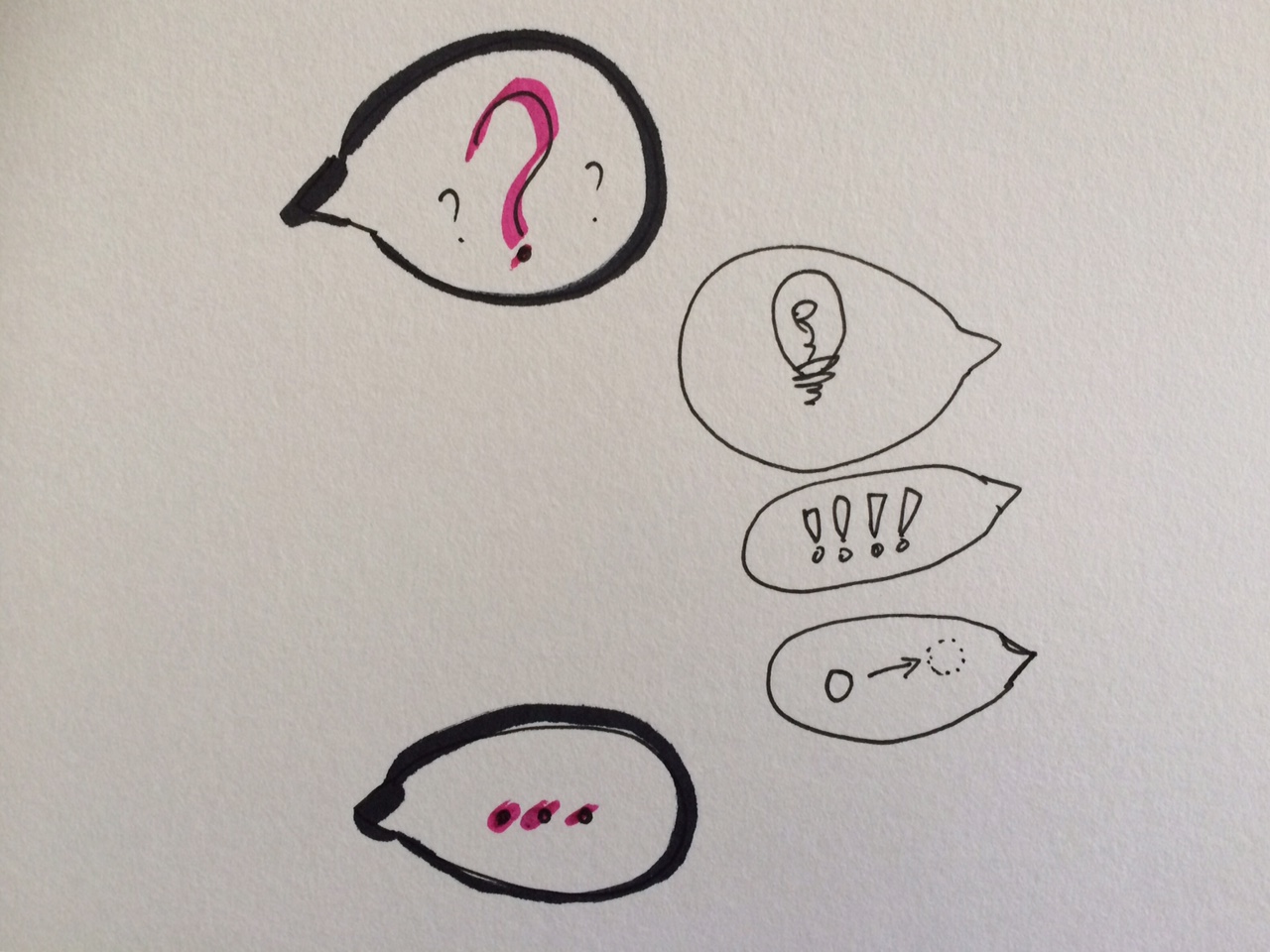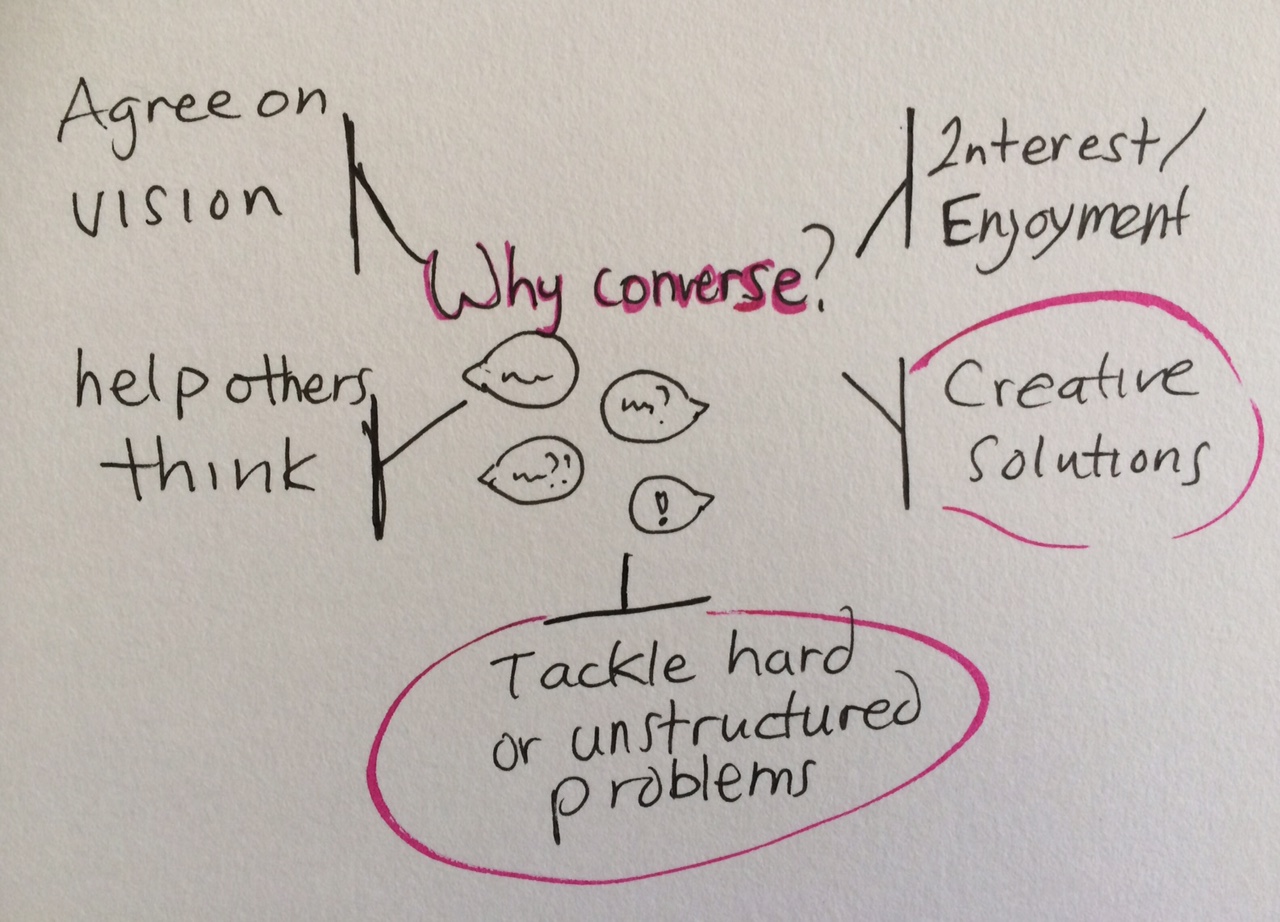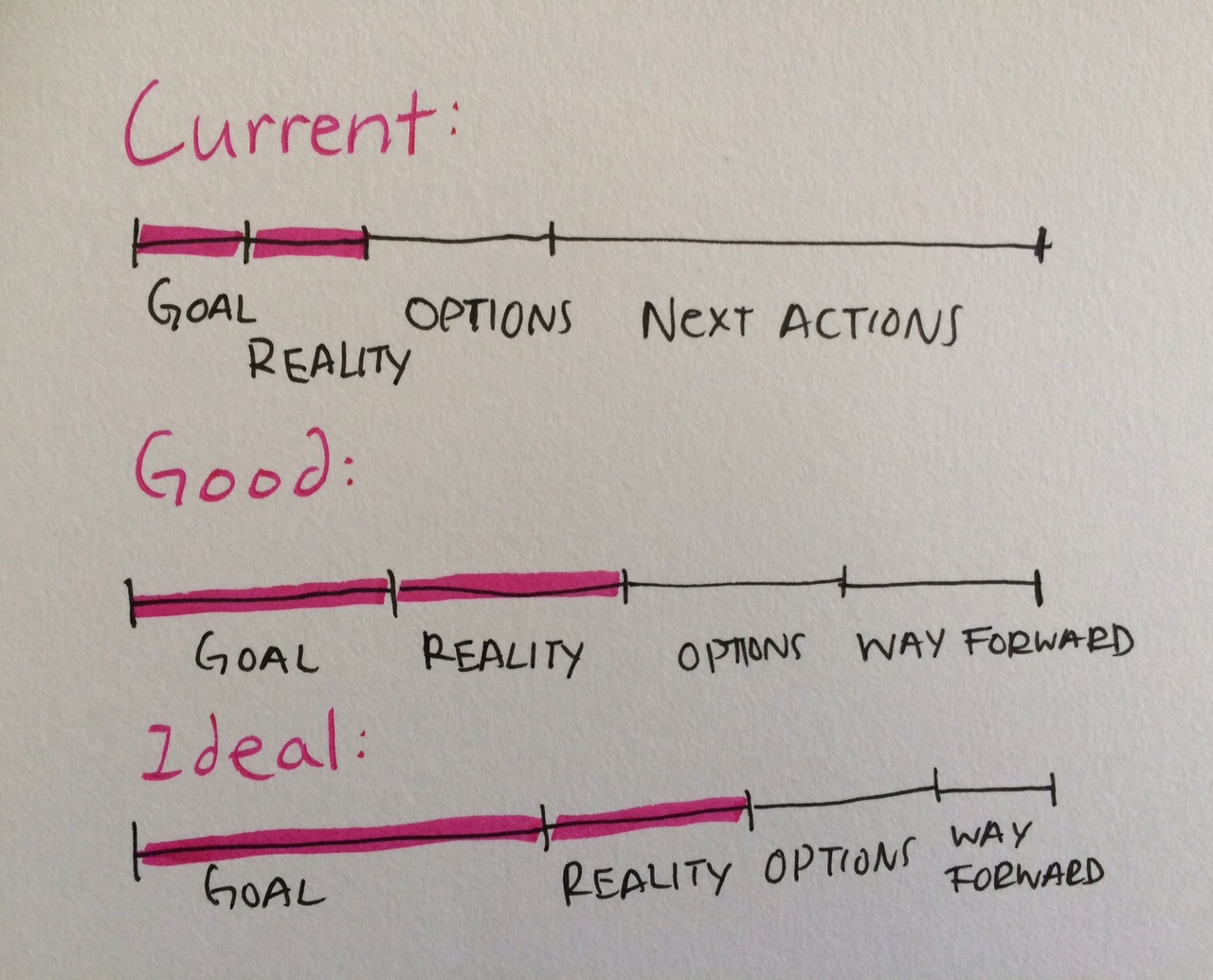An introvert's guide to creating things people want
Understanding people and how they want is challenging. We have more information than insight and less time than ideas. Let's tackle those!
Ended
Would you go digging for treasure while believing that there's no treasure? I wouldn't -- it's nonsensical and unmotivated.
Even if there were treasure, my skepticism would keep me from finding it!
Yet, I do sometimes have conversations while believing I have nothing to learn, or ask questions knowing that it won't change the priorities I assign. In those cases, I'm doubting the metaphorical treasure.

In most of my life, I don't try things when I believe there's no possibility of usefulness. Logical.
Yet, I have conversations with skepticism all the time!
I might enter a conversation thinking that I have all the information, answers, action steps, etc -- and thus, nothing to learn. I converse without curiosity. I speak only to solve problems -- I am a natural problem-solver!
As you can imagine, that strategy is ineffective and often detrimental.
Why?

IF someone opens a conversation by exploring their problem,
AND I believe I have all the answers and information,
THEN I'll reply with a solution...
For someone I'm managing, my solution-giving sounds like micromanaging, doing their work for them, taking responsibility from them, or distrust in their abilities.
For a peer who's brainstorming, my solution-giving diminishes their context and expertise, ignores the root problems and goals, is full of untested assumptions, and is likely not the most effective solution.
This is when I pause and ask: so, what DO I want from my conversations?

At best, I have conversations with a desire to:
- find out if we are on the same page, same definitions, same vision
- enjoy intriguing and engaging moments, purely for pleasure
- make sense of unstructured problems
- come up with creative, insightful solutions
- be a trusty sounding board for those who are dissecting their own ideas (not an advisor or micromanager)
When I go into a conversation without any of these desires, the convo tends to be a waste of everybody's time.
To have more useful conversations, I...
-challenge my need to call a meeting, or start by asking why we're conversing
-practice curiosity, by "deciding" that there's DEFINITELY something to learn
-spend more time asking questions and exploring the problem (rather than jumping to solutions)
Easier said than done. I need to check myself constantly.

If I want to make sure my "problem-solver instinct" doesn't get the better of me, I might even use a structured conversation model, like the following:
In workshops, participants have found that just asking these questions in order, without adjustment, was surprisingly effective!
(Goal)
-What makes that a problem?
-What do you want to achieve?
-Why is that goal important to you?
(Reality)
-What have you tried or considered?
-What’s your current mindset or approach?
(Options)
-What’s another way?
-What else could you do?
(Way Forward)
-What’s a possible next step?
**You might want to see more questions from the GROW coaching model!
The list of questions disciplined them to be curious about the problem and trust that the other person can come up with their own solution. With a learning mindset, the problem is fully explored, and good ways to move forward came naturally.
This is the kind of mindset that allows us to tackle unstructured problems and grow self-led teams.
Happy New Year & dig up some conversational treasure!
Angela O
angelaognev@gmail.com